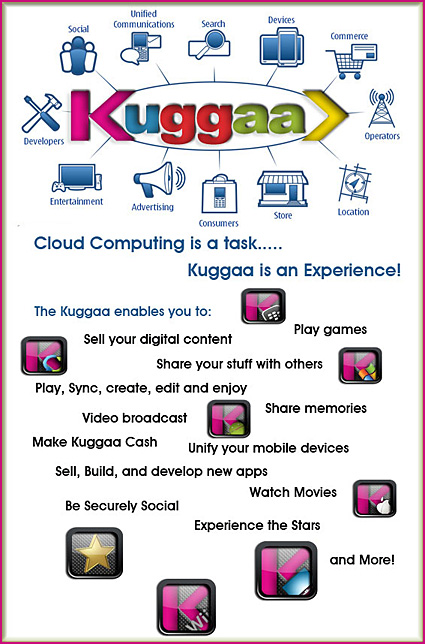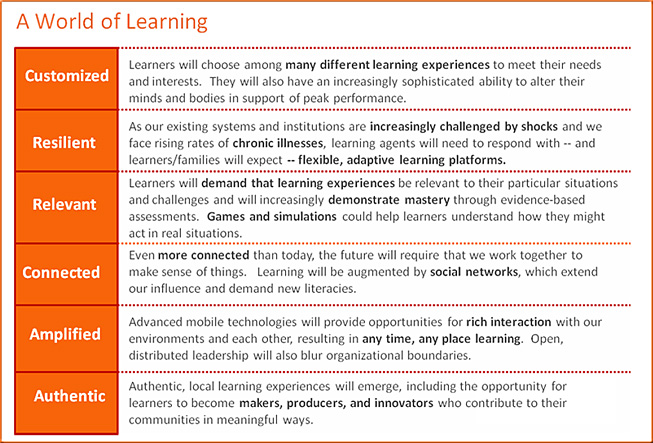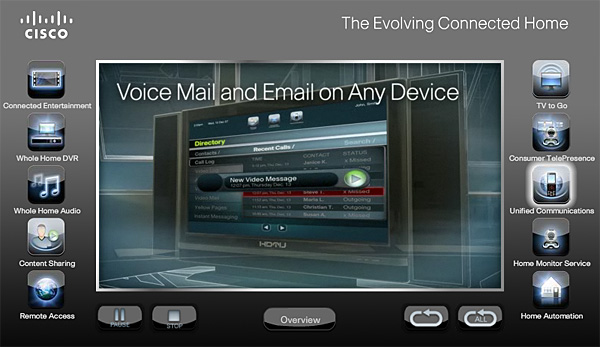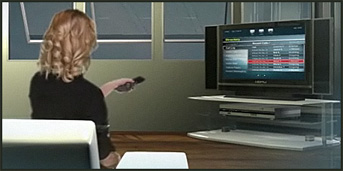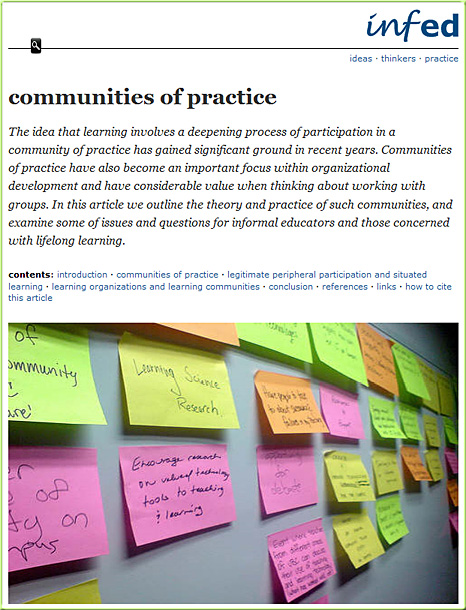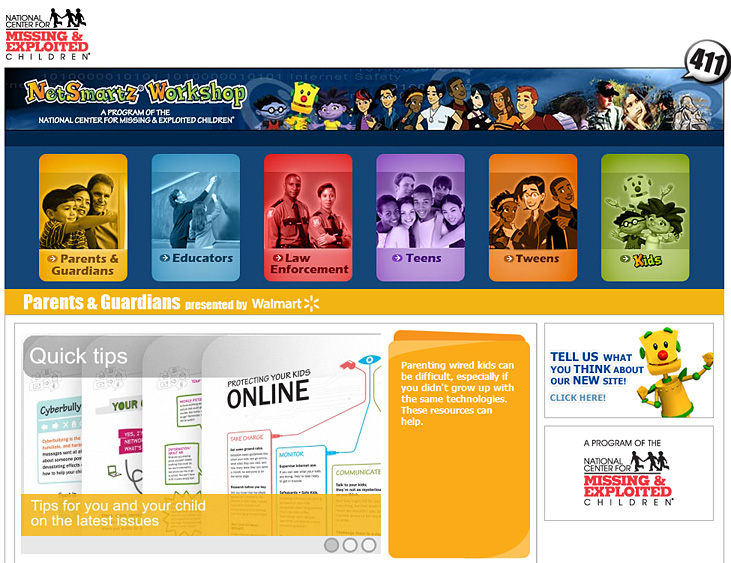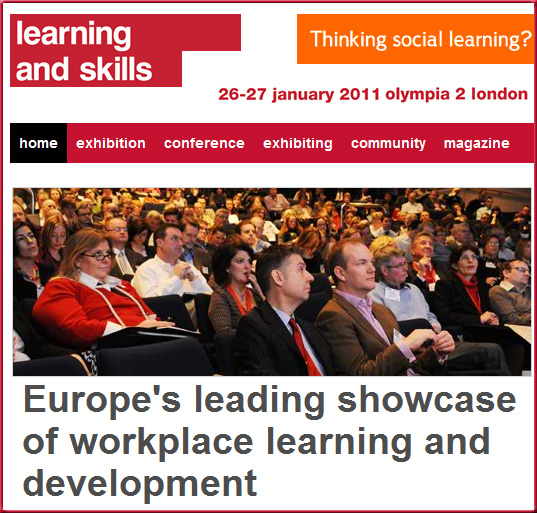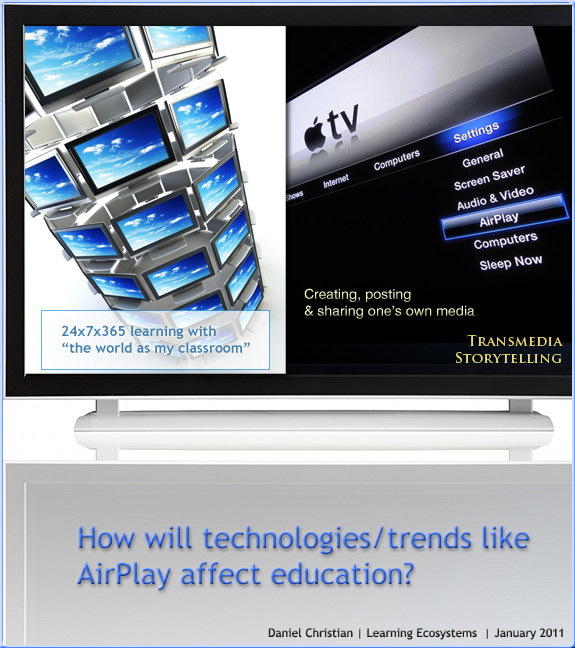Can new technologies help us solve the never-ending problem of employee turnover? –– from Bloomfire.com
Excerpt (emphasis DSC):
Formal knowledge bases, outside of a few carefully constructed FAQ’s do not exist here. We lean towards activity streams, keyword subscriptions, and other features that crawl the entirety of our collaborative platforms and deliver information in a personalized way. I am not intimating at all that we have perfected the concept of personalization. However, we are mindful of it with every technology we deploy. In the end it’s a mixed bag success wise. There are always going to be more consumers than publishers, but if we can can create even one derivative work that spurs further innovation then the collective efforts of the Collaboration Services team are bought and paid for. I think our strength is understanding what could provide value, or more specifically advantage, its implementation, and promoting its adoption; more so than a singular focus on the relative benefits of a particular technology.










